News
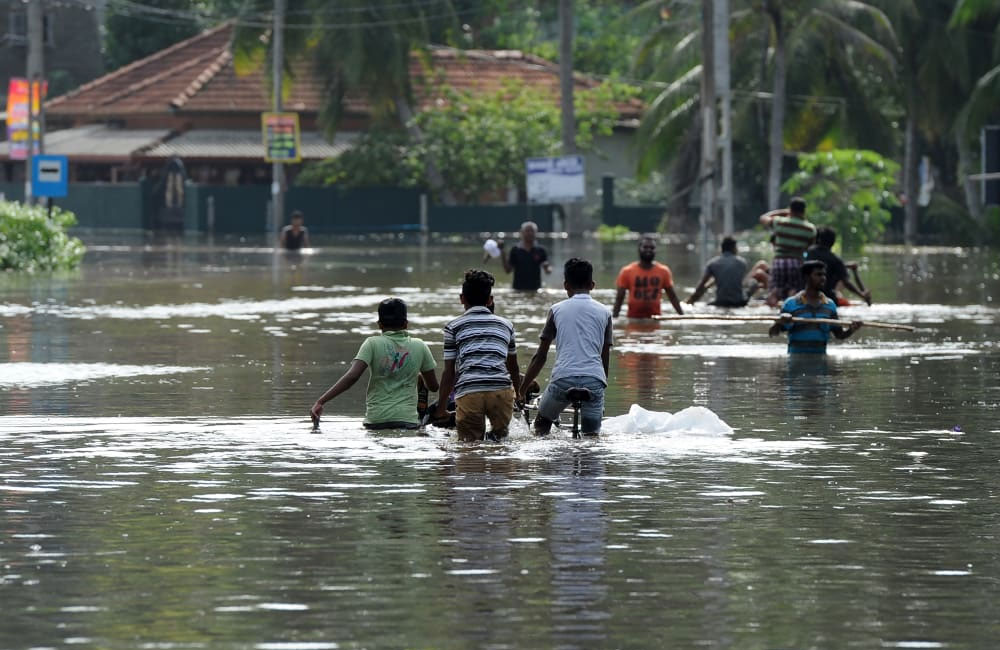
Sri Lanka cyclone tragedy exposes government failures
Officials in Sri Lanka are facing immense pressure for their alleged mishandling of Cyclone Ditwah, with the crisis highlighting deep cracks in the country's emergency response system.
Days after Cyclone Ditwah tore through Sri Lanka, over 1.46 million people across all 25 of the nation's districts remain affected by the island's worst flooding disaster in two decades.
According to the government's Disaster Management Center, the official death toll stands at 410, with 336 people still missing. More than 64,000 people from 407,000 affected families are sheltering in nearly 1,450 government-run safety centers across the country.
Thousands trapped, isolated
Multiple countries have responded to Sri Lanka's appeal for assistance with India leading the charge, followed by pledges from the UK, China, Australia, and Nepal. Sri Lankan President Anura Kumara Dissanayake has also declared a state of emergency to deal with the aftermath of the cyclone.
Despite his declaration and the promise of international aid, however, the Sri Lankan public seems increasingly frustrated with the state's response. Authorities appear to be overwhelmed with rescue demands and are struggling to communicate in a timely manner as critics point out the absence of a unified relief-and-rescue system.
Paikiasothy Saravanamuttu, executive director of the Colombo-based Centre for Policy Alternatives, accuses the Sri Lankan government of failing to heed warning signals and allowing the calamity to spiral beyond human control.
"The government has not come off well in its handling of the crisis and should have called Parliament to convene urgently to review and strengthen disaster management policies," Saravanamuttu told DW.
According to Saravanamuttu, "this disaster reveals significant gaps in preparedness and response mechanisms" and the existing frameworks need to be evaluated to "prevent future failures."
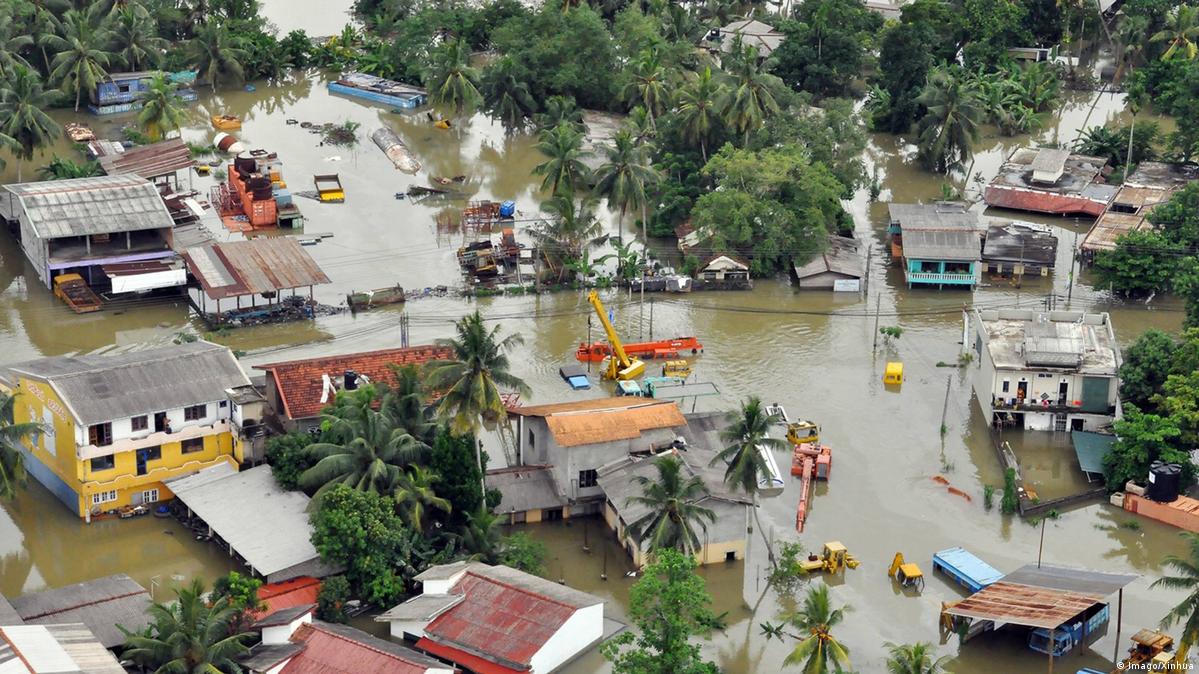
Early warnings wasted
While Ditwah made landfall in Sri Lanka on November 28, some voices point out that warning signals were present as early as two weeks before. Experts say that the loss of life was exacerbated by the government's failure to act in a timely manner.
"Unlike tsunamis, hydrometeorological hazards like cyclones arrive with sufficient notice of several days to take precautions. As early as November 12, Sri Lanka's department of meteorology had publicly flagged the prospect of extreme rainfall later in the month. That should have triggered a process of preparations across the government at central, provincial, and local levels," Nalaka Gunawardene, a science writer from Colombo, told DW.
"Apparently, that did not happen, and an official response has mostly been reactive when Cyclone Ditwah was imminent or after it made landfall," added Gunawardene.
"The entire disaster management structure – from policymakers to state officials – should be held accountable for cascading failures that made a bad disaster much worse."
Kishali Pinto-Jayawardena, a public interest advocate and legal columnist, agrees that the aftermath is "particularly horrendous as the deadly impact of the cyclone was not realized until it was far too late."
She told DW that the governments should have "the ability and the competence to take critical decisions" in times of emergency.
"Sentimental outpouring by politicians lauding the people for 'coming together' in times of crisis does not substitute for that duty," she added.
Rescue teams stretched 'beyond capacity'
Sivanathan Navindra, a former Liberation Tigers of Tamil Eelam (LTTE) member, who has been involved in political activities post-conflict, said the cyclone has damaged roads and communication lines in northern Sri Lanka.
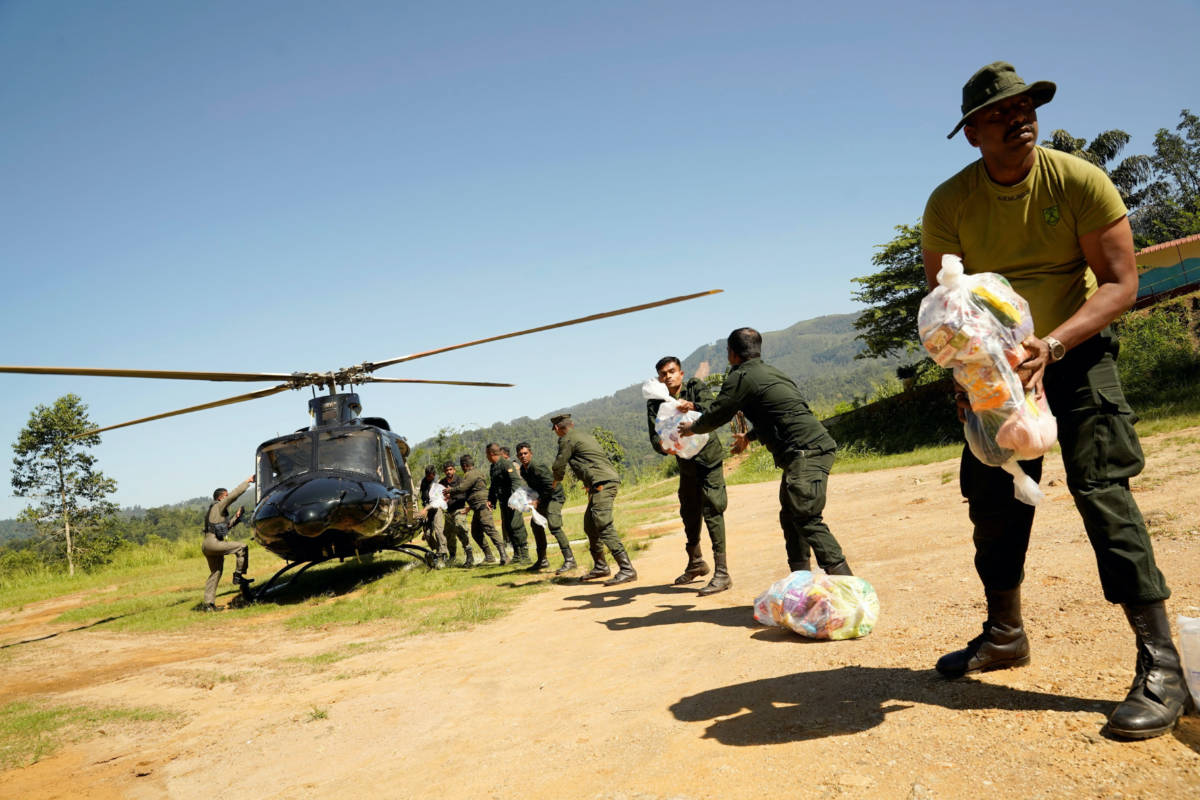
"The situation in northern Mannar, Mullaitivu, Vavuniya, and Kilinochchi districts is extremely severe. Mullaitivu has experienced a total power outage with telecommunication towers down, leaving residents without phone or internet access," Navindra told DW from Jaffna.
"Road closures have effectively cut off the northern province, with travel between Vavuniya, Mullaitivu, Kilinochchi and Jaffna impossible," he said.
Chathuranga Abeysinghe, deputy minister of Industry and Entrepreneurship Development, warned that rising water levels will make evacuation "extremely difficult." He urged residents along the Kelaniya River and flood-prone areas to leave.
"There have been immense hardships caused by Cyclone Ditwah, but the president has constituted task forces to study the impact and organize relief. It will take a while for rebuilding," Abeysinghe told DW.
"We had initial difficulty in predicting the cyclone's course" Abeysinghe said, noting that significant rainfall expected was many different areas which "stretched rescue teams beyond capacity to reach everyone in need."
Abeysinghe also pointed out that the government was working on a war-footing to reach vulnerable populations that had been cut off.
Opposition blames government for loss of life
Government critics, however, remain unconvinced by the official narrative. Opposition party Samagi Jana Balawegaya (SJB) recently pledged to launch legal action against the government.
SJB lawmaker and spokesperson S M Marikkar compared the severity of the disaster to the Easter Sunday suicide attacks which killed nearly 270 people in 2019, and the more recent economic collapse under the powerful Rajapaksa family.
"Similar to the criminal case filed against the Rajapaksas for bankrupting the nation, we will file a case against the current government, as they are responsible for every citizen that died in the disaster," Marikkar told the media on Monday.
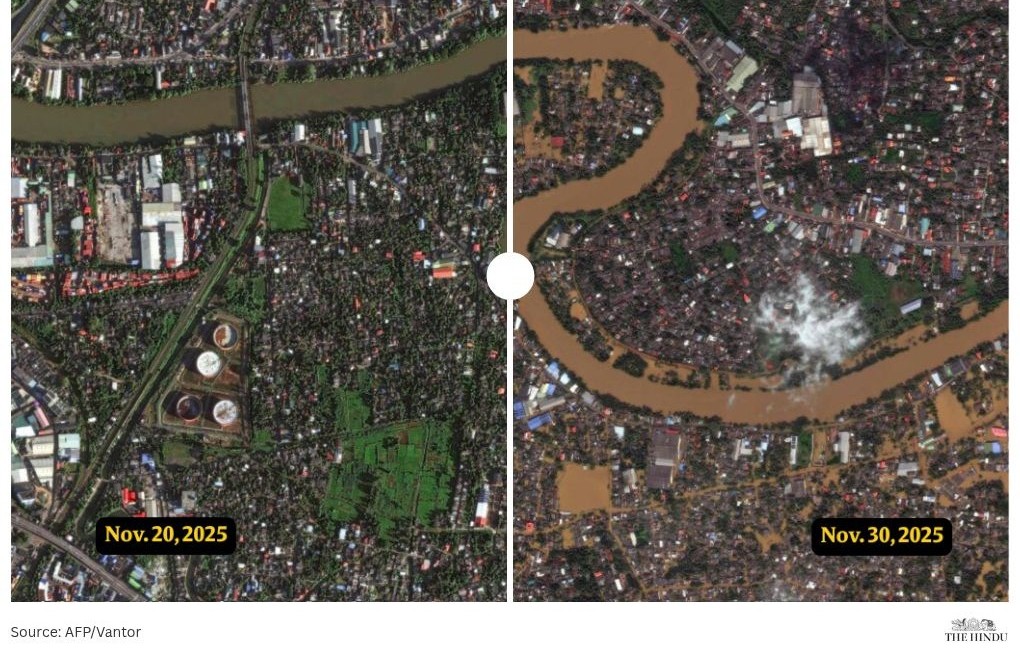 Overview of houses and buildings in the Sri Lankan capital Colombo before and after flooding in the city
Overview of houses and buildings in the Sri Lankan capital Colombo before and after flooding in the city
Too few alerts in Tamil language
Despite some relief materials being delivered and emergency teams arriving to certain affected locations, many communities still lack clarity on when full help will arrive and when normalcy can be restored. A notable communication obstacle, according to Colombo-based disinformation expert and analyst Sanjana Hattotuwa, is the choice of languages officials use for disaster communications.
The nation recognizes both the majority language of Sinhala and the smaller Tamil language as official, with English — a remnant of the British colonial period — also spoken to varying degrees by nearly a quarter of its population.
"My research showed key updates were in Sinhala only, and sometimes mirrored in English, but rarely, if ever in Tamil. State television and radio did not communicate the risks, and threats, mirroring what was evident on social media," Hattotuwa told DW.
"This contributed to [an] information vacuum in critical hours, impacting preparedness and community responses," he said. "If information was available in a more effective and timely manner, lives now lost may have been saved."
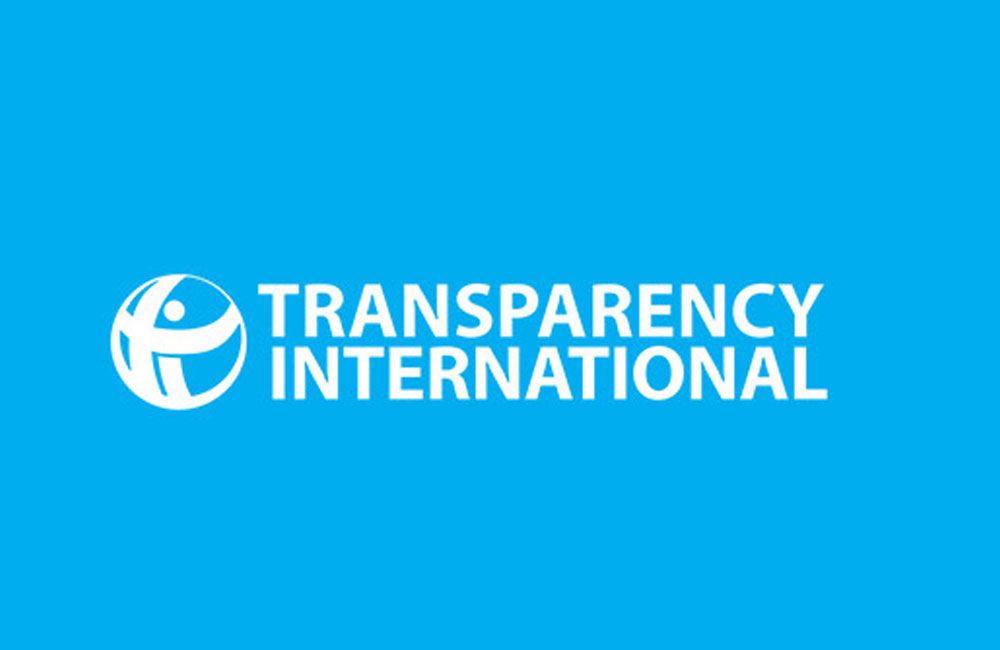
Transparency Push Intensifies as Sri Lanka Mobilises Cyclone Funds
Transparency International Sri Lanka (TISL) has called for uncompromising financial transparency as the Government rolls out billions of rupees in emergency assistance following the devastation caused by Cyclone Ditwah.
The organisation warned that Sri Lanka’s history of disaster-response failures marked by weak oversight, slow delivery, and opaque spending must not be repeated as the country embarks on one of its largest rapid-relief operations in years.
In a detailed statement issued yesterday, TISL emphasised that public funds released in the aftermath of a national calamity often pass through fast-tracked procurement channels, creating heightened risks of misuse. With significant sums now being deployed within days, TISL stressed that “vigorous oversight is essential to prevent new injustice or inequality.”
The appeal comes after President Anura Kumara Dissanayake announced a Rs. 30 billion reserve for immediate relief and reconstruction.
The Government has also increased District Secretariats’ expenditure authority to Rs. 50 million and removed restrictive circulars that previously slowed emergency responses. In addition, a special reconstruction fund has been established, with agencies instructed to commence fundraising to restore damaged infrastructure.
While acknowledging that public officials are working under immense pressure, TISL underscored that emergency conditions must not weaken principles of responsible financial management. It urged ministries and district offices to prioritise transparency and efficiency, arguing that public confidence in state institutions depends on clean and accountable use of relief allocations.
The organisation welcomed the appointment of the Rebuilding Sri Lanka Fund’s Management Committee but cautioned that the fund’s legitimacy depends on broad representation.
TISL insisted that gender diversity and civil society participation are essential, noting that women experience the effects of disasters differently and that community-level organisations bring vital perspectives and independent oversight.
It also demanded complete disclosure of all committee members’ beneficial ownership interests and independent audits to prevent corruption or conflicts of interest.
Concerns raised by civil society groups were brought directly to the President on 29 November during a special consultation.
Representatives highlighted the need for clear instructions enabling district and divisional authorities to collaborate with CSOs, gaps in Tamil-language communication, and the importance of maintaining dignity in relief distribution drawing lessons from the COVID-19 response.
They also stressed smoother facilitation of inbound aid and expressed unease over potential risks linked to the current emergency declaration.
The President agreed to appoint focal points within the Presidential Secretariat or relevant ministries to ensure continuous coordination with civil society. TISL noted that effective implementation of these commitments will be vital for a fair and accountable recovery process.
As Sri Lanka moves into a complex reconstruction phase, TISL urged both officials and citizens to act responsibly and provide accurate information to prevent misallocation of relief.
Reaffirming its long-standing role in public accountability, the organisation said it stands ready to support all recovery efforts that ensure integrity in the use of public funds and enable affected communities to rebuild with dignity and trust.
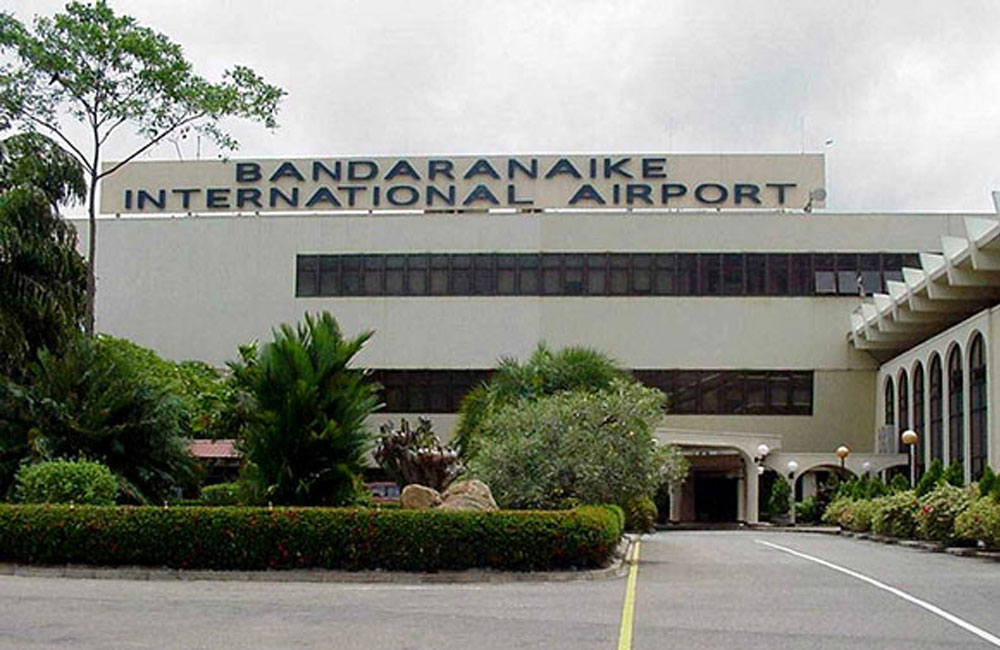
Tanzanian Passenger Delivers Baby Boy at BIA Transit Area
A 29-year-old woman from Tanzania gave birth at the Bandaranaike International Airport (BIA) early this morning shortly after arriving from Dubai.The woman, who landed on Fitz Air flight 8D-822 and was awaiting her connecting flight to Kuala Lumpur at the Airport Transit Terminal, suddenly began experiencing labor pains. Airport officials quickly directed her to the Airport Medical Treatment Center for urgent care.
Medical officers and nursing staff assisted in the delivery, successfully helping her bring a baby boy into the world. Following the birth, both mother and newborn were stabilised and transported by ambulance to the Negombo General Hospital for continued medical attention.

Sri Lanka’s Stolen Asset Recovery Push Faces Legal and Political Roadblocks
Sri Lanka’s latest attempt to reclaim wealth illicitly moved overseas has triggered cautious optimism, but experts warn that the path ahead is riddled with legal, political, and bureaucratic hurdles. While international partners such as the Stolen Asset Recovery Initiative (StAR) have pledged technical support, the effectiveness of the campaign will ultimately depend on the country’s own governance reforms.
For years, stolen-asset recovery has remained a politically sensitive issue in Sri Lanka. Successive governments have announced high-profile investigations, but few have resulted in actual retrieval of funds. A lack of evidence, missing documentation, weak case-building, and deliberate obstruction by politically exposed persons (PEPs) have all contributed to repeated failures.
The arrival of StAR support is expected to boost credibility, but experts note that global assistance alone cannot compensate for domestic institutional weaknesses. Sri Lanka’s fragmented investigative system with the Bribery Commission, Police, FIU, and AG’s Department working in silos has historically slowed progress.
The proposed inter-agency task force may help unify operations, but its effectiveness will rely heavily on clear mandates and political insulation.
A more challenging barrier lies in international legal procedures. Many foreign jurisdictions, particularly in Europe and the Middle East, require extensive, meticulously documented proof linking assets to criminal conduct.
Sri Lankan agencies have struggled to meet these evidentiary standards due to years of poor record-keeping, slow prosecutions, and incomplete asset declarations.
Compounding this problem is the lack of political continuity. Asset recovery initiatives often lose momentum when governments change. Investigations into politically sensitive figures are frequently abandoned, raising concerns about selective enforcement and undermining investor confidence.
Furthermore, domestic legislation itself requires strengthening. While the Proceeds of Crime Recovery Act is a step forward, lawyers argue that the Anti-Corruption Act and Assets and Liabilities Act must be updated to improve asset disclosure, protect whistleblowers, and enable faster freezing orders. Without these reforms, Sri Lanka may not be able to meet international cooperation requirements.
Despite these challenges, the current push comes at a time when the country urgently needs revenue. With public debt high and recovery from natural disasters ongoing, even partial asset repatriation could provide relief. Civil society organisations stress that genuine asset recovery must prioritize transparency, non-selective investigations, and consistent enforcement.
Whether Sri Lanka can finally break the cycle of unfulfilled promises remains to be seen. But with renewed global support and growing public demand for accountability, the country faces a crucial test in its fight against corruption.
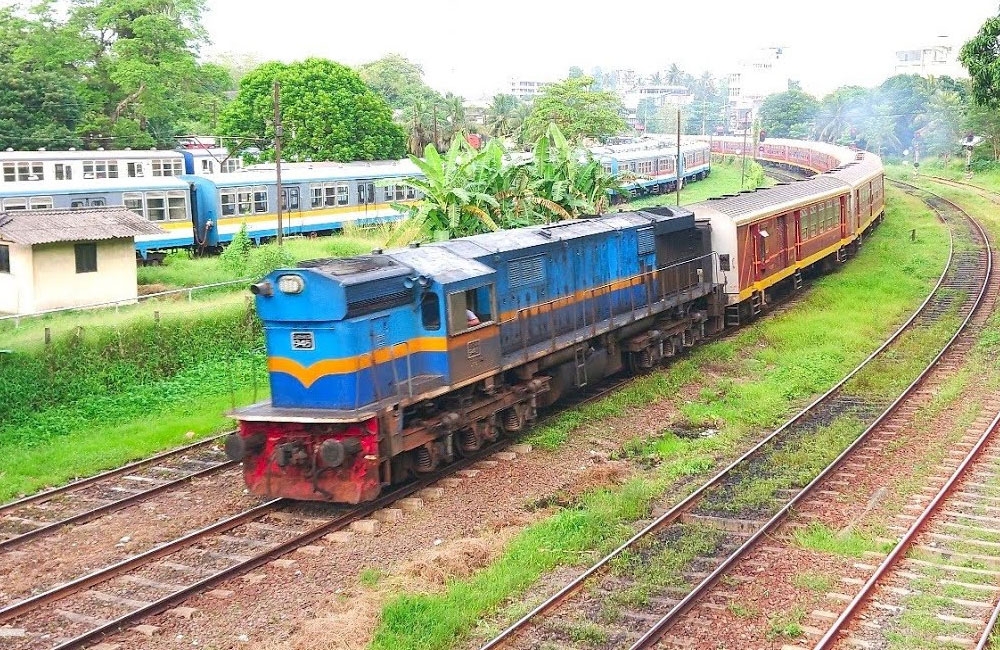
Train Services on Puttalam Line Extended Up to Nattandiya After Repairs
Train services on the Puttalam railway line have been extended to Nattandiya after repair work along the flood-damaged track was successfully completed, the Railway Department announced.Operations had been limited to the Colombo Fort-Kochchikade stretch over the past several days due to severe flooding and adverse weather conditions that affected parts of the line.
With restoration work on the Kochchikade-Nattandiya segment now finalized, trains are once again running the full length of the route from Colombo Fort to Nattandiya, bringing services back to regular capacity.
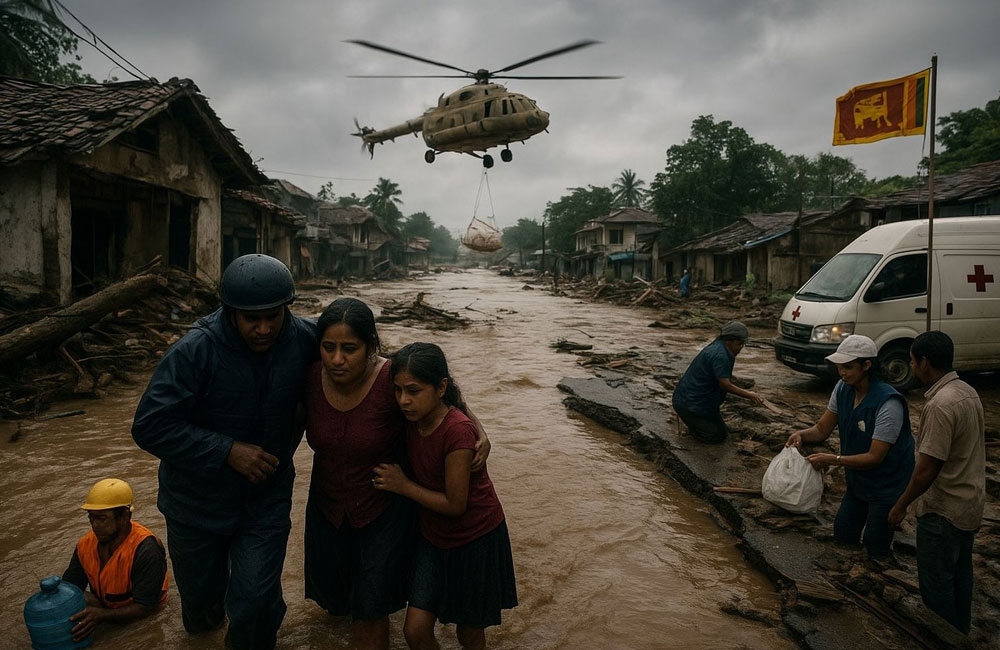
Global Partners Rally as Sri Lanka Faces Massive Rebuild
Sri Lanka’s economic recovery already strained by two years of contraction, rising living costs, and fiscal compression has been dealt a severe new blow by Cyclone Ditwah and the resulting floods.
As the Government grapples with nationwide devastation, the Finance Ministry yesterday convened a high-level donor forum bringing together bilateral partners, multilateral institutions, lending agencies, and diplomatic missions to coordinate emergency support and chart the path toward reconstruction.
Co-chaired by Central Bank Governor Dr. Nandalal Weerasinghe and Treasury Secretary Dr. Harshana Suriyapperuma, the forum revealed the scale of damage across housing, agriculture, transport, irrigation systems, and community infrastructure.
Preliminary internal assessments indicate that Sri Lanka may face losses equivalent to 1%–3% of GDP, suggesting a reconstruction requirement in the range of Rs. 350-1,050 billion a figure that could rise once comprehensive ground surveys conclude. Several districts remain inaccessible, further delaying robust verification of economic and social losses.
Given Sri Lanka’s limited fiscal space and stagnant revenue streams, external support has become indispensable. Development partners reaffirmed strong backing, with the IMF confirming that US$350 million under the Extended Fund Facility’s sixth tranche could be made available within two weeks providing crucial liquidity for imports and early-stage restoration.
Multilateral agencies and donor nations have begun dispatching relief consignments, including food, drinking water, hygiene supplies, medical kits, and emergency shelter materials. Some countries have already deployed specialist disaster-response teams.
The World Bank has initiated a rapid damage assessment, while development partners agreed to repurpose portions of existing loan portfolios toward bridge repairs, road rehabilitation, irrigation restoration, and housing reconstruction.
Discussions also focused on mobilising new concessional financing and grant support for long-term rebuilding.
The Government urged partners to promote travel to Sri Lanka to help stabilise tourism, which is likely to experience short-term disruption following widespread flooding.
Authorities emphasised the need for a blend of immediate humanitarian assistance and medium-term concessional financing to prevent a derailment of the broader economic recovery plan.
Despite the growing support, the road ahead is steep. Rebuilding thousands of homes, restoring agricultural losses, repairing national highways and rural roads, and replacing damaged public facilities will require a multi-year programme and billions of rupees in investment.
Effective coordination, transparent spending frameworks, and robust monitoring will be critical to maintaining donor confidence.
As Sri Lanka navigates yet another crisis layered upon economic fragility, international partners have signalled solidarity. The challenge now lies in converting this support into a coherent, well-governed reconstruction programme capable of restoring livelihoods and preventing deeper economic scarring.
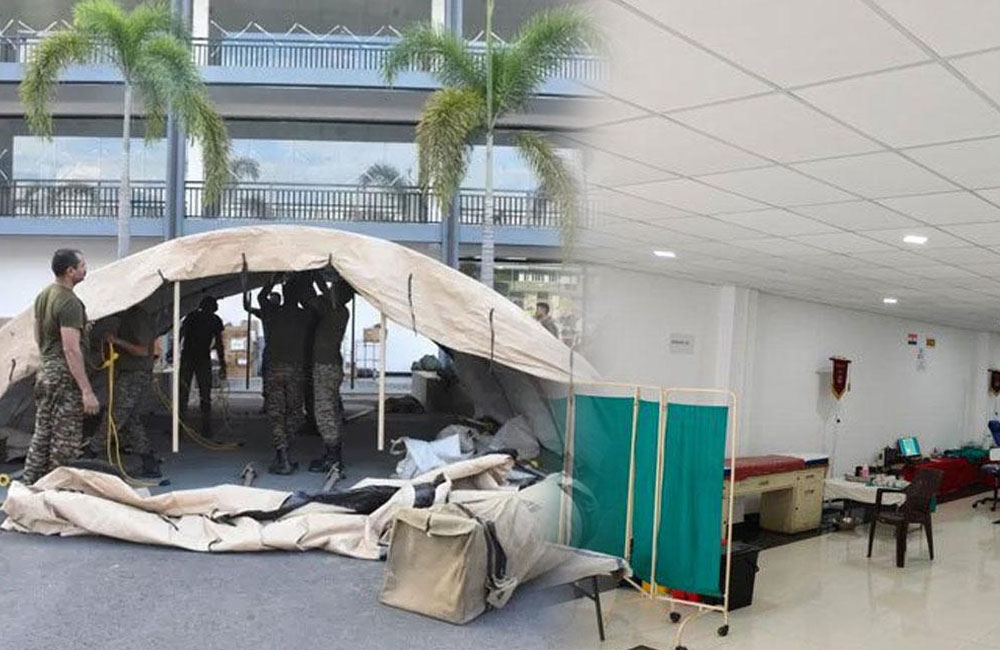
Indian Medical Team Establishes Emergency Field Hospital in Mahiyanganaya
A fully equipped field hospital has been deployed to Mahiyanganaya by an Indian medical team to assist residents suffering from the severe flooding in the region. The temporary medical facility is capable of delivering trauma care, conducting surgeries, and providing ambulance services, ensuring comprehensive treatment for those affected.
In a message shared on X, the High Commission of India in Colombo noted that the hospital was established to offer immediate and life-saving medical support directly within one of the most heavily impacted areas. The initiative is part of India’s ongoing humanitarian assistance to Sri Lanka following the recent disaster.
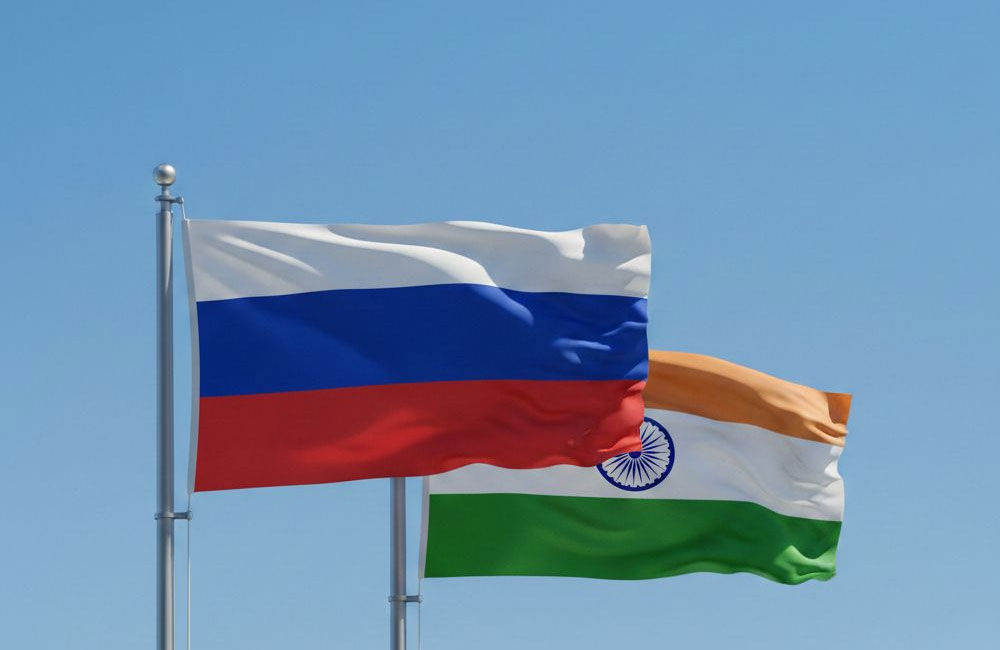
Putin questions US punishing India for buying Russian oil
Russian President Vladimir Putin challenged heavy US pressure on India not to buy Russian fuel if the US could do so as he began a two-day state visit on Thursday (Dec 4), where he was embraced on arrival by Indian Prime Minister Narendra Modi.
Putin spoke in comments to Indian broadcaster India Today, aired hours after landing in New Delhi for a visit during which both countries are seeking to boost mutual trade and expand the variety of items in transactions.
Putin’s first visit to India in four years aims to increase sales of Russian oil, missile systems and fighter jets and widen business links beyond energy and defence equipment, amid US pressure on India to shun Moscow over its invasion of Ukraine.
“US BUYS NUCLEAR FUEL FROM RUSSIA”
New Delhi and Moscow have strong ties going back to the days of the former Soviet Union, and Russia has been the main source of arms for India for decades.
India has also emerged as the top buyer of seaborne Russian oil despite Western sanctions imposed after Moscow launched its invasion of Ukraine in February 2022.
India’s crude imports, however, are set to hit a three-year low this month following a punitive US tariff on Indian goods and a tightening of sanctions on Russia, as US President Donald Trump’s administration says India’s purchases of cheap Russian oil help finance Moscow’s war in Ukraine.
“The United States itself still buys nuclear fuel from us for its own nuclear power plants. That is also fuel,” Putin told India today.
“If the US has the right to buy our fuel, why shouldn’t India have the same privilege? This question deserves thorough examination, and we stand ready to discuss it, including with President Trump,” he said.
India has said Trump’s tariffs are unjustified and unreasonable and pointed at ongoing US trade with Moscow. The US and European Union continue to import billions of dollars worth of Russian energy and commodities, ranging from liquefied natural gas to enriched uranium.
“RUSSIA-INDIA OIL TRADE RUNNING SMOOTHLY”
“There is a certain decline in overall trade turnover during the first nine months of this year,” Putin said when asked if Indian oil purchases had fallen under pressure from the West.
“This is just a minor adjustment. Overall, our trade turnover stands almost at the same level as before.”
He added: “Trade in petroleum products and crude oil ... Russian oil, is running smoothly in India.”
Asked how India and Russia should deal with Trump and his tariffs, Putin said the US President has advisers who believe that implementing such tariff policies ultimately benefits the US economy.
“We hope that, in the end, all violations of World Trade Organisation regulations will be rectified,” he said.
MODI GIVES WARM WELCOME TO PUTIN
Hours earlier, Modi received Putin at the airport in Delhi, a rare gesture underlining the warm ties between the leaders.
They embraced on a red carpet on the tarmac and then drove away in the same vehicle for a private dinner hosted by Modi.
Senior Russian ministers and a large Russian business delegation were in New Delhi for Putin’s visit and the two leaders will hold summit talks on Friday when they are expected to announce a raft of deals.
“Delighted to welcome my friend, President Putin to India. India-Russia friendship is a time-tested one that has greatly benefited our people,” Modi posted on X ahead of the dinner.
OBJECTIVE TO EXPAND, DIVERSIFY TRADE
India and Russia aim to raise two-way trade to US$100 billion by 2030. Their commerce rose more than five-fold from about US$13 billion in 2021 to near US$69 billion in 2024-25, almost entirely driven by Indian energy imports.
Bilateral trade eased to US$28.25 billion in April-August 2025, reflecting a decline in crude oil imports.
At the same time, India is looking for new destinations to increase exports of its goods hit by the punishing 50 per cent tariff imposed by Trump.
Russia wants to import more Indian goods to balance bilateral trade, which is currently heavily skewed towards energy, Deputy Kremlin Chief of Staff Maxim Oreshkin told a business conference in New Delhi earlier on Thursday.
Indian Trade Minister Piyush Goyal said New Delhi wants to diversify exports to Russia and increase sales of automobiles, electronics goods, data-processing equipment, heavy machinery, industrial components, textiles, and foodstuffs.
( Source : adaderana.lk)
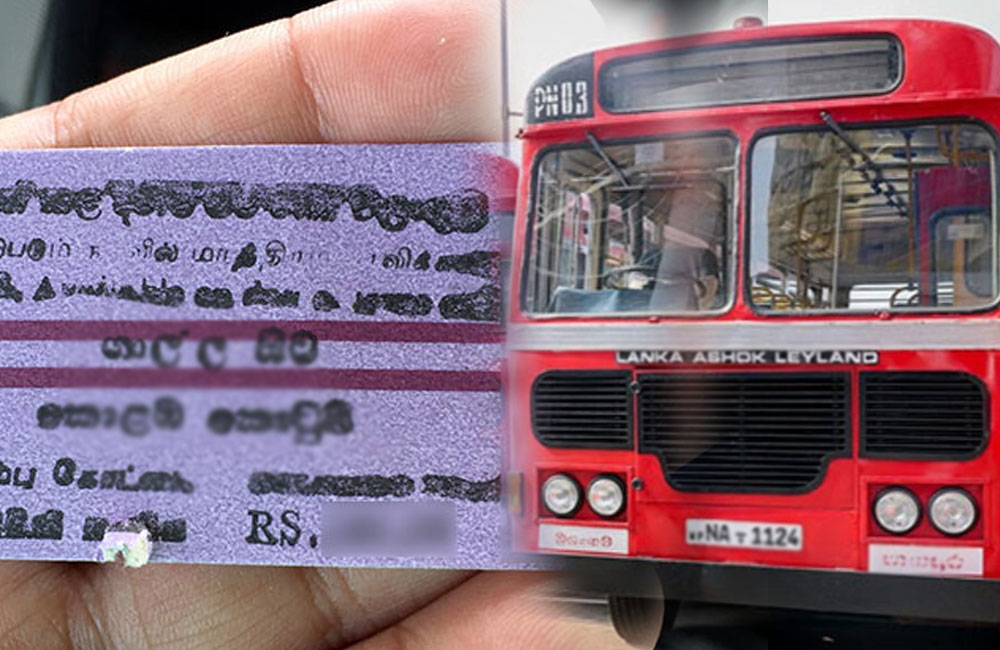
Train Season Tickets Temporarily Accepted on SLTB Buses Amid Disaster Conditions
The Sri Lanka Transport Board (SLTB) has announced a temporary travel arrangement allowing commuters with valid train monthly season tickets to use them on SLTB buses, introduced in response to the prevailing disaster situation across the country.
Under this measure, train season ticket holders can board any ordinary SLTB service, though the exemption does not extend to super luxury buses.
The SLTB confirmed that all bus crews and operational teams have been instructed to facilitate the initiative to ensure uninterrupted travel for affected passengers.
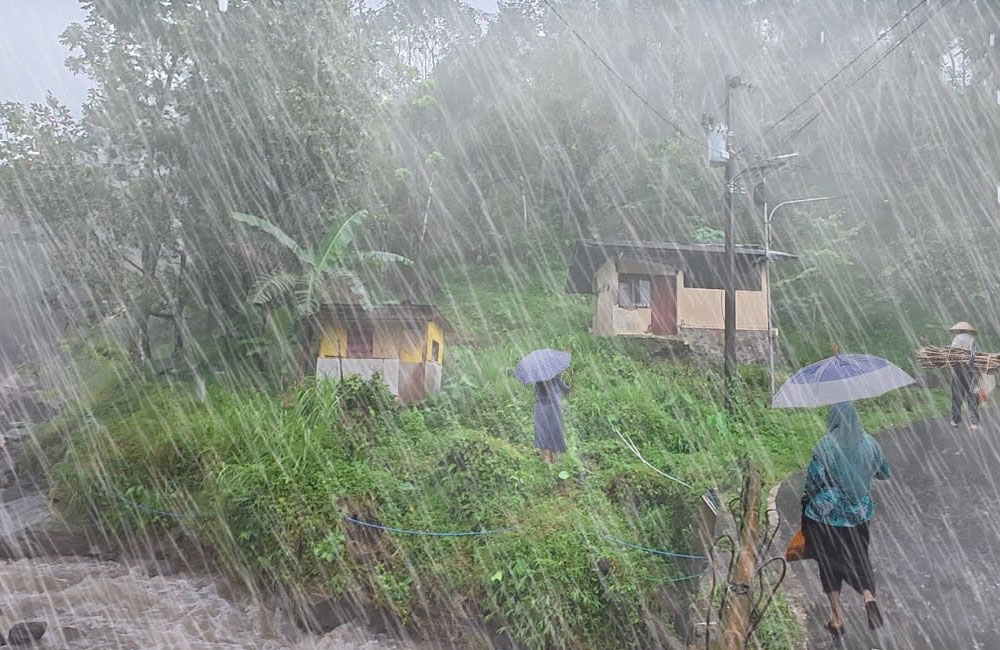
Akuressa Records Highest 24-Hour Rainfall at 125 mm, Irrigation Department Says
Akuressa has logged the highest rainfall in the country over the past 24 hours, with 125 mm recorded in the area near the Nilwala River, according to L.S. Sooriyabandara, Director of Irrigation (Hydrology & Disaster Management).In a statement issued this morning (05), he noted that rainfall reported from other regions remained within normal limits, and that river levels across the island have not shown any significant increase.
The Irrigation Department also confirmed that major reservoirs are operating within their usual spill levels, with no unusual overflow reported so far.
With more rain expected in the coming days, authorities plan to issue updates based on data gathered from monitoring stations across each river basin. The public has been advised to remain calm and to rely solely on verified information from official channels rather than circulating rumours.
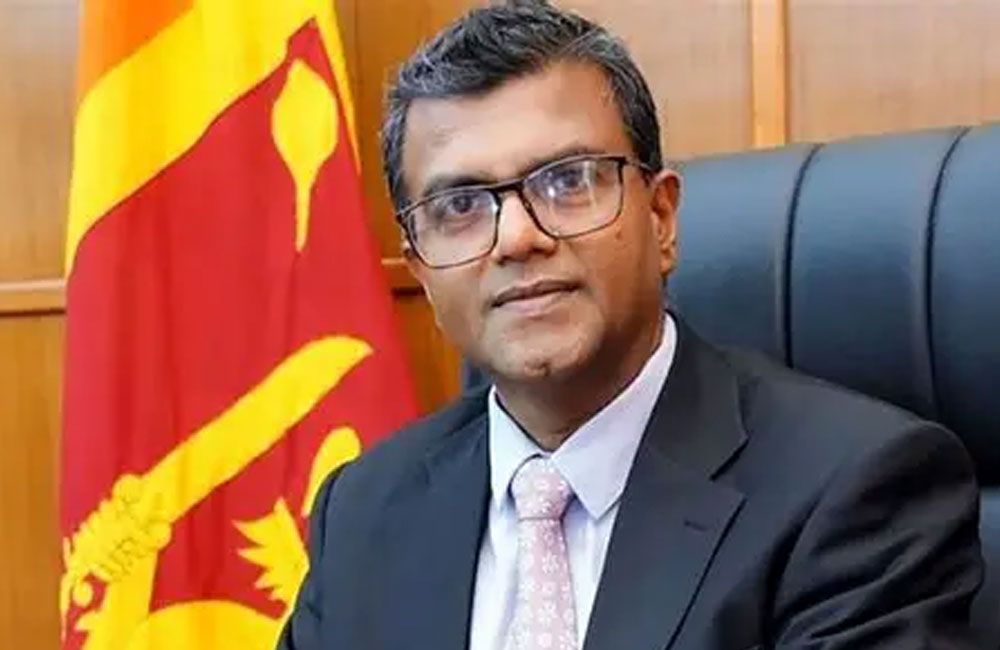
Sri Lanka Rallies Banks to Aid Cyclone-Disaster Victims
Sri Lanka’s financial system is taking on a critical role in the national response to Cyclone Ditwah and the floods that swept across multiple districts, displacing thousands and devastating homes, agriculture, and small businesses. As authorities rush to stabilise communities and restore functioning markets, the Treasury is engaging the banking and insurance sectors to mobilise liquidity, accelerate claims settlements, and cushion vulnerable groups from further economic shock.
Treasury Secretary Dr. Harshana Suriyapperuma told the Sri Lanka Economic and Investment Summit that the Government is working closely with financial institutions to ensure households, SMEs, and businesses receive swift relief. With rural families, micro-entrepreneurs, and small industries bearing the brunt of the disaster, the challenge lies in preventing a secondary economic collapse triggered by loan defaults, uninsured losses, and disrupted income streams.
According to Dr. Suriyapperuma, banks and insurers have already been approached to evaluate the scale of exposure within their portfolios. The Treasury is pushing for temporary moratoria, flexible repayment schedules, concessional recovery loans, and fast-tracked insurance payouts. He is expected to meet the insurance regulator and industry leaders this week to coordinate sector-wide responses, emphasising the urgency of getting businesses back on their feet.
Emergency fiscal measures are also being activated. Nearly Rs. 30 billion from pre-provisioned disaster reserves has been earmarked for immediate relief, while Rs. 7.5 billion has already been released to support housing repairs and reconstruction. Spending authority has been decentralised, allowing District Secretaries to use up to Rs. 50 million and Ministry Secretaries Rs. 150 million without bureaucratic delays.
A rapid damage assessment is underway with World Bank assistance, expected to deliver initial figures within two weeks. Early estimates indicate massive loss to housing, roads, agriculture, and small-scale industries sectors heavily dependent on bank credit.
Financial institutions, telecom operators, and private-sector partners have also stepped in, contributing to relief funds that have already surpassed Rs. 300 million, with over 100,000 individual transactions, many in foreign currency. Banks have opened special donation windows and are preparing concessional loan schemes for affected customers.
Customs has simplified clearance procedures for disaster-relief consignments, while the Government has approved a multi-stakeholder Rebuilding Sri Lanka Fund to channel private and state financing into long-term reconstruction.
Despite the scale of destruction, Dr. Suriyapperuma insists the 2026 macroeconomic reform path remains intact, arguing that strong financial discipline and anti-corruption measures created the fiscal buffers needed to withstand shocks of this magnitude. He stressed that SMEs the backbone of employment will remain at the centre of the recovery strategy, supported by multilateral partners already coordinating with the Treasury.
While the cyclone’s economic fallout is significant, the Government maintains that with coordinated public–private action and disciplined financial management, the disaster will not derail Sri Lanka’s recovery trajectory
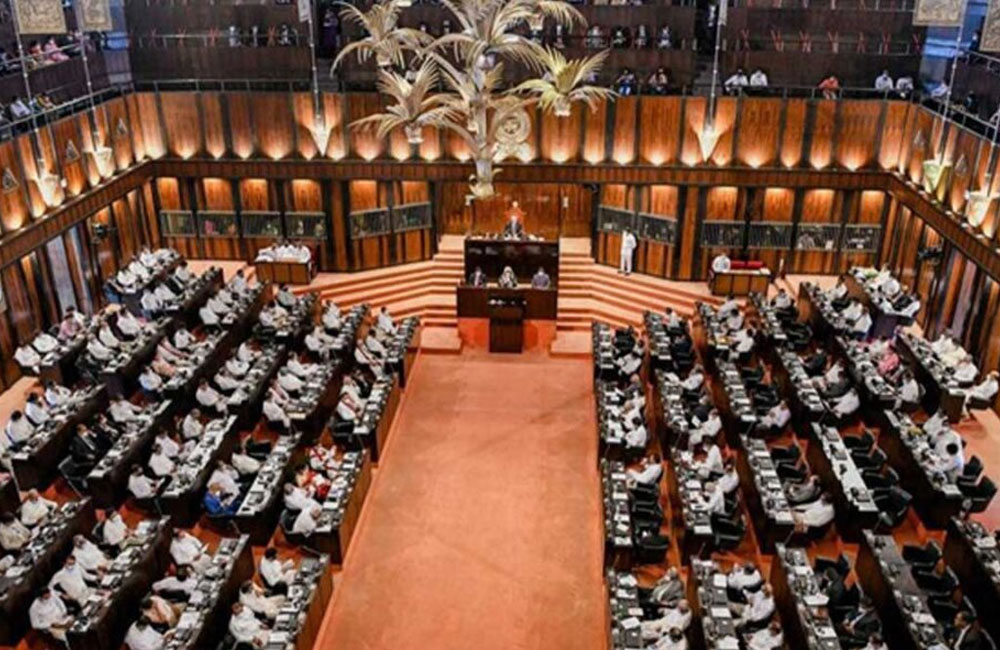
Third reading vote on 2026 Budget in Parliament today
The Parliament’s Department of Communication announced that the third reading vote on the 2026 Appropriation Bill - Sri Lanka’s 80th national budget - will be conducted this evening (05) at 6 p.m.
President Anura Kumara Dissanayake, serving as Minister of Finance, delivered the second reading of the 2026 Budget in Parliament on November 7, 2025. The proposal received approval during the vote held on November 14, securing a majority of 118 votes. A total of 160 MPs supported the Budget, while 42 voted against it and eight members chose to abstain.Although the third reading debate was allotted 17 days, parliamentary sittings were interrupted multiple times due to severe weather across the country.
Additionally, the Parliamentary Communication Department confirmed that a supplementary estimate has been submitted to allocate relief funds for those affected by Cyclone ‘Ditwah’.
Page 33 of 653